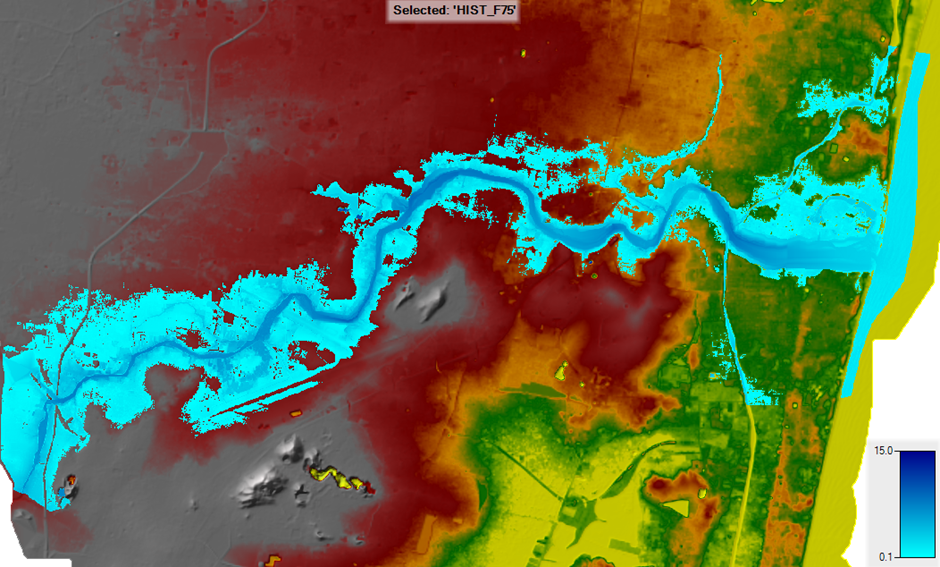This project (full title – AMRflows: antimicrobials and resistance from manufacturing flows to people: joined up experiments, mathematical modelling and risk analysis) combines field sampling, mesocosm, and laboratory studies with mathematical modelling to quantify the dynamics of resistant bacteria, plasmid transfer, and antibiotics in rivers impacted by pharmaceutical wastes. This will lead to a quantitative risk analysis and identification of feasible and effective intervention strategies.
The study sites are two river networks in South India; the Musi river near Hyderabad and the Adyar river near Chennai. The Musi area is heavily polluted by drug manufacturers; whereas, the Adyar area is our ‘control’. Both receive treated and untreated sewage. The Musi may be a ‘perfect storm’ where antibiotics and other pharmaceuticals and metals select for bacteria with resistance under conditions of high concentrations of nutrients and mobile genetic elements from sewage.
Academic staff: Prof David Graham (School of Engineering)
Researcher: Rebeca Pallarés Vega
Contact: david.graham@newcastle.ac.uk
Sponsor: Department of Biotechnology (DBT) and Natural Environment Research Council (NERC)
Partners: University of Birmingham; Indian Institute of Technology (IIT), Hyderabad; with researchers from The James Hutton Institute in Scotland; IIT, Gandhinagar; and IIT, Madras
Start Date: 2020
End Date: 2023

